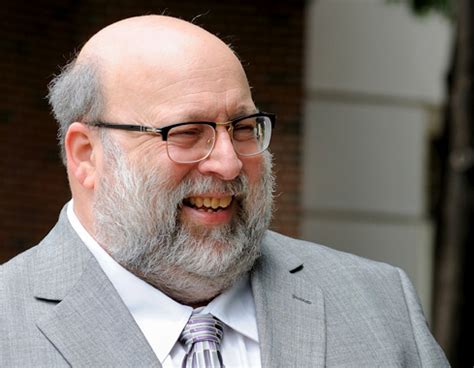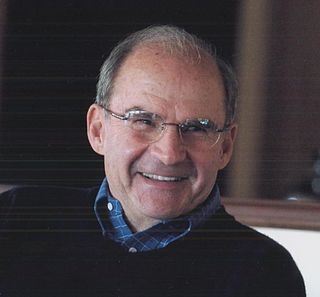A Quote by Gary Johnson
I think I view the system the same way that Ayn Rand views the system - that it really oppresses those that create, if you will, and tries to take away from those that produce and give to the non-producers.
Related Quotes
I think religion and science operate in different regimes. Religion is a belief system that tries to give meaning and comprehension to peoples' lives. Science is more about the mechanics of the universe around us and the way in which it works. And I don't think those things have to be mutually exclusive.
The people who've done well within the [Hollywood] system are the people whose instincts, whose desires [are in natural alignement with those of the producers] - who want to make the kind of movies that producers want to produce. People who don't succeed - people who've had long, bad times; like [Jean] Renoir, for example, who I think was the best director, ever - are the people who didn't want to make the kind of pictures that producers want to make. Producers didn't want to make a Renoir picture, even if it was a success.
One surprise is how deeply the food system is implicated in climate change. I don't think that has really been on people's radar until very recently. 25 to 33 percent of climate change gases can be traced to the food system. I was also surprised that those diseases that we take for granted as what will kill us - heart disease, cancer, diabetes - were virtually unknown 150 years ago, before we began eating this way.
We need to be clear that there is no such thing as giving up one's privilege to be 'outside' the system. ONE IS ALWAYS IN THE SYSTEM. The only question is whether one is part of the system in a way which challenges or strengthens the status quo. Privilege is not something I take and which I therefore have the option of not taking. It is something that society gives me and unless I change the institutions which give it to me, they will continue to give it, and I will continue to have it, however noble and egalitarian my intentions.
What defines Web 2.0 is the fact that the material on it is generated by the users (consumers) rather than the producers of the system. Thus, those who operate on Web 2.0 can be called prosumers because they simultaneously produce what they consume such as the interaction on Facebook and the entries on Wikipedia.
We think of prices as simply the notation of how much we must pay for things. But the price system accomplishes far more than that. Hundreds of millions of people buying and selling, and abstaining from buying and selling, generate a system of signals - prices to producers and consumers about relative scarcities and demand. Through this system, consumers can convey to producers their subjective priorities and entrepreneurs can invest accordingly.

































